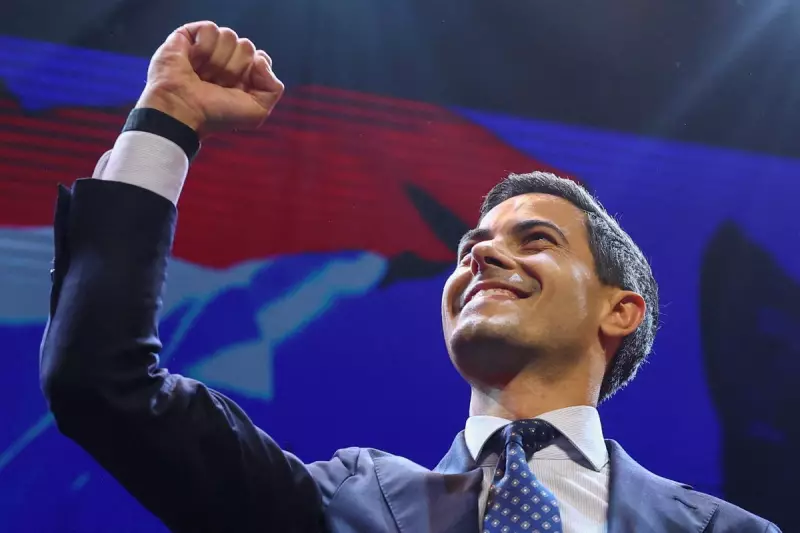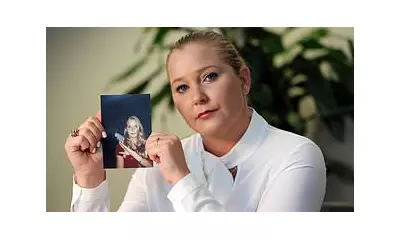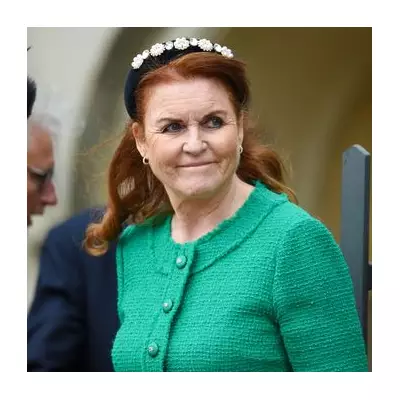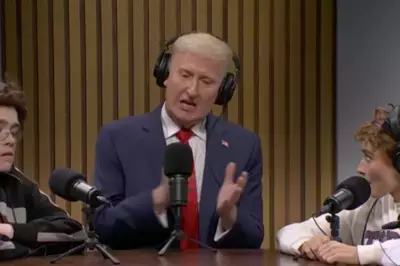
In a dramatic twist that has sent shockwaves through European politics, Geert Wilders, the controversial far-right leader whose party scored a stunning victory in last year's Dutch elections, has abruptly abandoned his bid to become the Netherlands' next prime minister.
Election Triumph Turns to Political Reality
The Freedom Party (PVV) leader, known for his fiery anti-Islam rhetoric and eurosceptic stance, secured a remarkable 37 seats in the 150-member lower house during the November elections. This victory positioned him as the frontrunner to lead the country's next government after 13 years of Mark Rutte's leadership.
However, after nearly six months of tense coalition negotiations, Wilders made the bombshell announcement that he would not pursue the premiership, acknowledging that his potential partners in a right-wing government refused to support his leadership.
"I Can't Be Prime Minister... For Now"
"I can only become prime minister if ALL parties in the coalition support it. That was not the case," Wilders stated in a social media post that reverberated across The Hague's political circles.
The decision represents a significant compromise for the politician who has spent decades building his anti-immigration, anti-EU movement. Despite stepping aside from the top job, Wilders emphasised that his PVV party would still play a dominant role in shaping the country's future direction.
Coalition Partners Draw Red Lines
Potential governing partners including the centre-right VVD party of outgoing Justice Minister Dilan Yesilgöz and the new NSC party had made clear their unwillingness to serve under Wilders' leadership. This political reality forced the PVV leader's hand, though he vowed his party would "still exert a great deal of influence" in any future government.
Rob Jetten, leader of the centre-left Democrats 66 party, welcomed the development but cautioned that significant challenges remain. "The question is whether Wilders is really prepared to distance himself from his extreme ideas and to administer in a responsible manner for all Dutch people," Jetten remarked.
What Comes Next for Dutch Politics?
The political stalemate continues as parties now seek an alternative candidate who can command broader support. The ongoing negotiations focus on forming what could be the Netherlands' most right-wing government in modern history, even without Wilders as its figurehead.
This development underscores the complex realities of coalition politics in the Netherlands, where even decisive election victories don't guarantee power without compromise. As Europe watches closely, the Dutch political landscape remains in flux, with Wilders' influence now likely to be exercised from behind the scenes rather than the prime minister's office.





